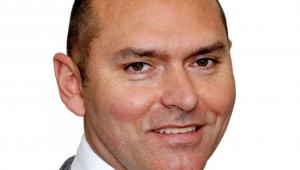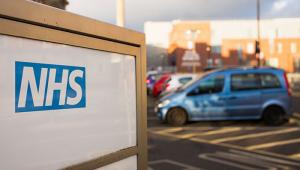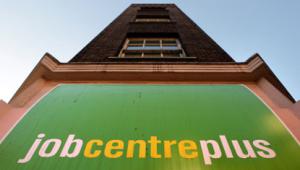According to the latest update on provider performance released today by NHS Improvement, 5.34 million people attended A&E in the third quarter of 2016/17– a growth of 200,000 compared with the same period last year.
The figures also reveal a 3.5% increase in the number of patients requiring major further hospital treatment.
Spending by providers accounts for around two-thirds of the NHS budget, or £80bn, and covers the costs of ambulance services, hospitals, mental health units and community services.
NHS Improvement highlighted that intense demand for services and a significant reduction in bed availability led many trusts to miss key targets and postponing care as a result.
The figures show that providers lost around 390,000 bed days in the third quarter of 2016/17 because of delays discharging patients. This represents a growth of 28% compared with the same period the year before.
The deficit is £1.3bn lower than at the same point last year, with the number of individual providers ending the quarter in deficit falling to 135 – 44 fewer than last year.
Also, measures to curb excessive spending on agency staff are continuing to have a positive impact, the report said. As a whole, the sector reduced agency costs by over half a billion pounds (£505m).
Commenting on the figures, Jim Mackey, head of NHS Improvement, said it was an “extremely challenging” period for the NHS, which was unlikely to get better in the short term.
He praised the efforts of providers to improve their finances following a reset after last year’s £2.45bn deficit, at the same time as delivering a quality service.
He pledged to work with struggling providers to ensure they stayed financially on track.
“We will be working very closely with those providers off plan to bring them as close as possible back to plan this year, potentially through the extension of financial special measures.”
NHS Improvement will be assessing 12 providers who may be brought under the auspices of the financial special measures programme. However, it was announced today that two trusts – Croydon Health Services NHS Trust and Norfolk and Norwich University Hospitals NHS Foundation Trust – have emerged from special measures.
Working with providers already in special measures has led to savings of £100m, NHS Improvement confirmed. Moreover, the Financial Improvement Programme, run by NHS Improvement, has managed to find £100m worth of savings, and will be expanded over the coming months.
Commentators in the sector highlighted that a boost to social care spending by the government would ease the pressure on providers. Also, the Nuffield Trust said that the speed of budget cuts was cranking up the pressure on providers.
Senior policy analyst Sally Gainsbury said: “This massive deficit comes even though NHS trusts have delivered very high levels of cost cutting: £2.9bn in the first nine months of this financial year alone.
“Providers are being asked to make these cost cuts more than 50% faster than recent reviews for the government have found possible,” she said. “So it is little wonder that key targets such as A&E and operation waiting times are suffering.
“There is a widening gap between what we are asking the NHS to do and what we are funding it to do,” Gainsbury concluded.



















